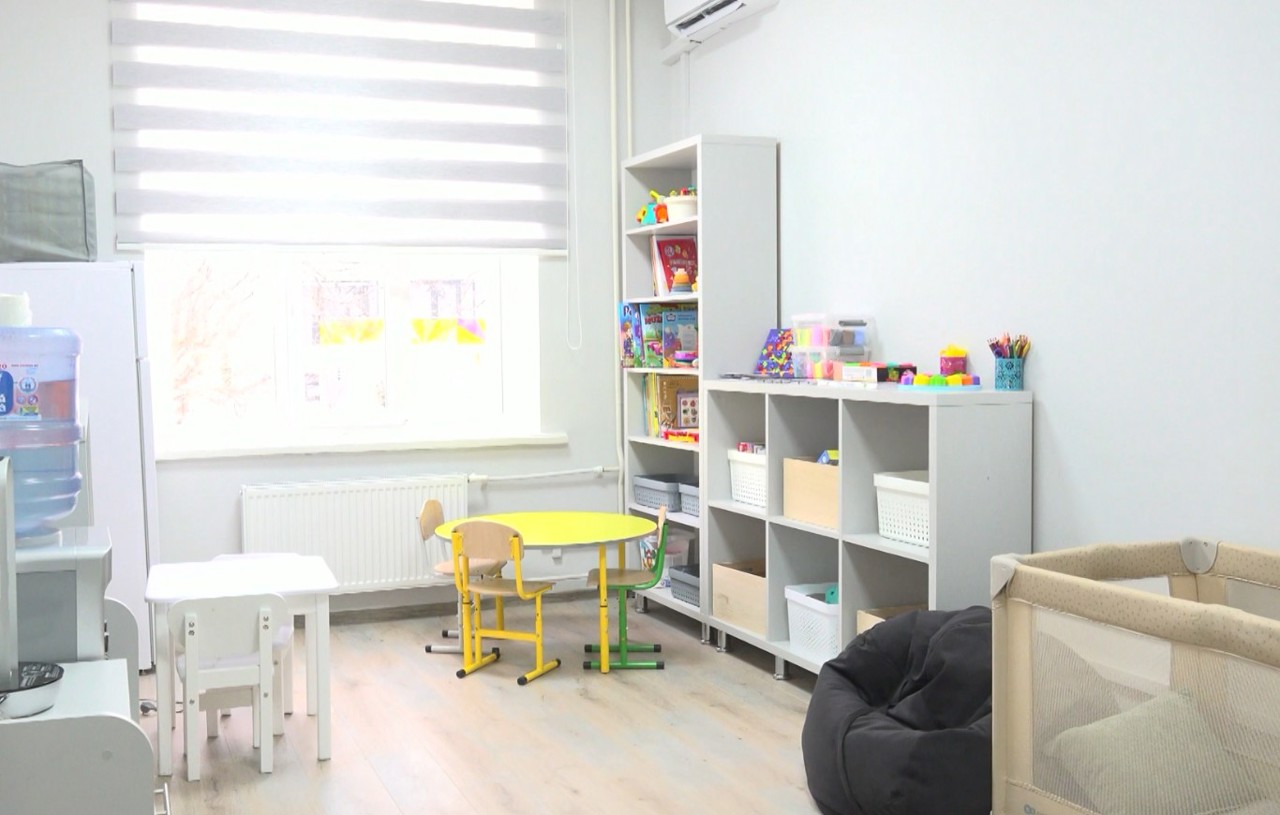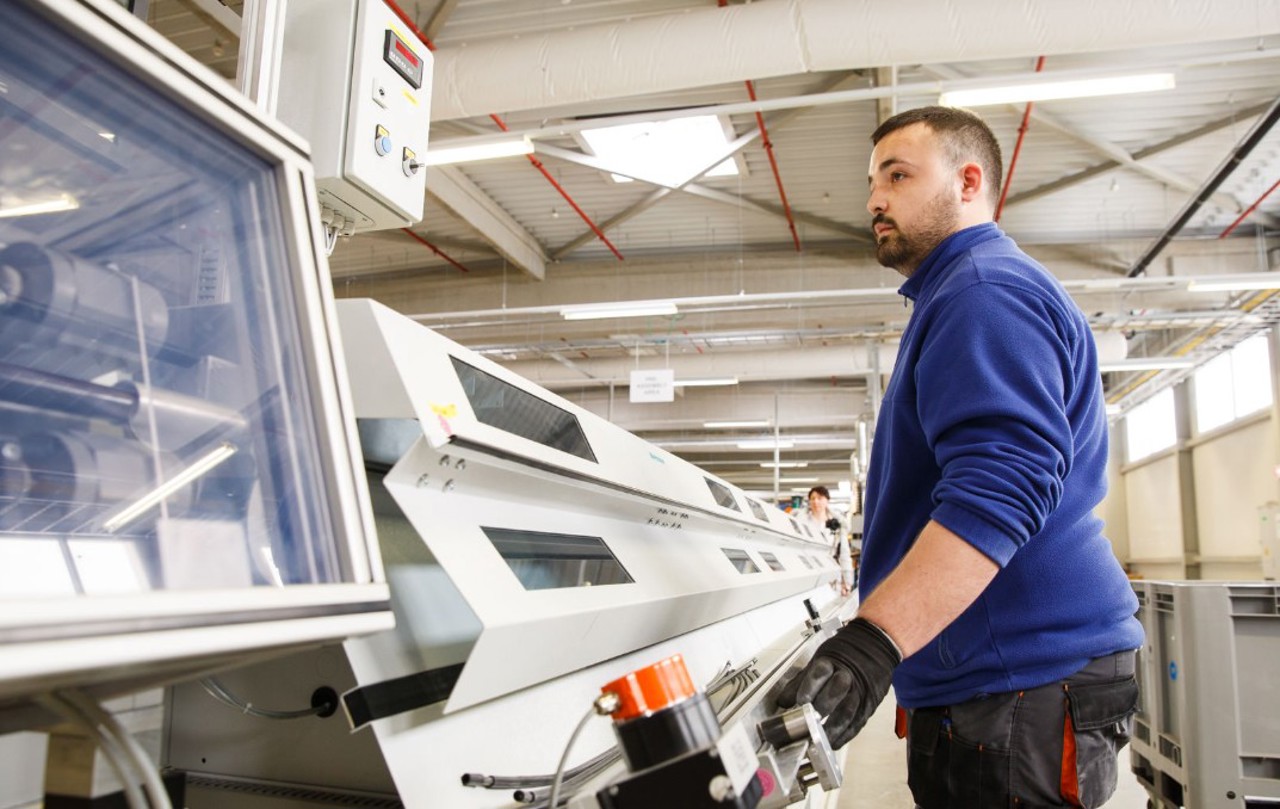Veaceslav Ioniță: "Aging and migration are straining the labor market"

Out of more than 2.4 million Moldovans of working age, only 630,000 are officially employed, according to economist Veaceslav Ioniță. He also highlighted that the country is experiencing an aging population, and another significant factor impacting the labor market is migration. These points were discussed during the "Zi de Zi" program on Radio Moldova.
We are currently experiencing a process of population aging, while the number of children being born is decreasing. As a result, the working-age population has declined by over 200,000. The only age group that has seen an increase is those aged 65 and over. Over the last decade, the number of pensioners has risen significantly, while other age groups continue to decline. Almost 40% of the working-age population is currently living abroad, compared to just 22% a decade ago, indicating a strong trend of migration among young people aged 15 to 34.
Veaceslav Ioniță mentioned that it is encouraging to see a decrease in undeclared work in recent years. While we are not witnessing an increase in formal employment, there has been a promising reduction in informal work. Several vulnerable sectors still rely heavily on undeclared labor, particularly in agriculture, construction, and the service industry, including hotels and restaurants.
The Vice-President of the Parliamentary Committee on Social Protection, Health and Family, discussed the negative impacts of envelope salaries on the economy, as well as the risks faced by both employees and employers. He emphasized that everyone needs to understand the risks associated with accepting or offering envelope salaries. Firstly, these salaries are not taxed and do not count toward contribution periods. Consequently, employees receiving envelope salaries do not qualify for child-raising allowances or maternity benefits, which are based on officially declared earnings. Moreover, these individuals will also miss out on pension benefits that are calculated from their official salaries. Employers are also at risk due to potential inspections by the Labor Inspectorate regarding undeclared work.
Marina Morozova pointed out that employees in agriculture receive the lowest salaries, whereas those in the IT sector enjoy the highest pay. There are ongoing discussions and efforts to find solutions for salary increases across various sectors. For example, the IT sector boasts average salaries around 34,000 lei, making it one of the most attractive fields for specialists. Additionally, there is a high demand for qualified workers in the construction sector, such as welders and engineers, with salaries ranging from 20,000 to 30,000 lei per month. While salaries in agriculture are still low, significant investments, grants, and state subsidies are being directed at developing this sector, including improving worker salaries.
Starting January 1, 2025, the minimum monthly wage in the Republic of Moldova will be set at 5,500 lei for an entire work schedule of 169 hours per month. This represents a 10% increase from the previous minimum wage of 5,000 lei and a 46.6% rise compared to 2021, when the minimum wage was 2,935 lei. The government approved this measure on December 18 and published it in the Official Gazette on December 19, 2024.
A joint request to Prime Minister Dorin Recean from the National Confederation of Trade Unions of Moldova (CNSM) and the National Confederation of Employers of the Republic of Moldova (CNPM) calls for increasing the minimum wage to 6,000 lei starting from July 1. Representatives from both trade unions and employers stated that this initiative is essential for addressing in-work poverty and reducing social inequalities, urging all EU candidate countries to make progress in this area.
Over the past three years, the minimum wage has increased from 2,935 lei to 5,500 lei—an 87% increase, the largest in the country’s history, according to the Government. A similar trend is seen with the average wage, which has risen from 9,116 lei in 2021 to a projected 16,100 lei in 2025.






